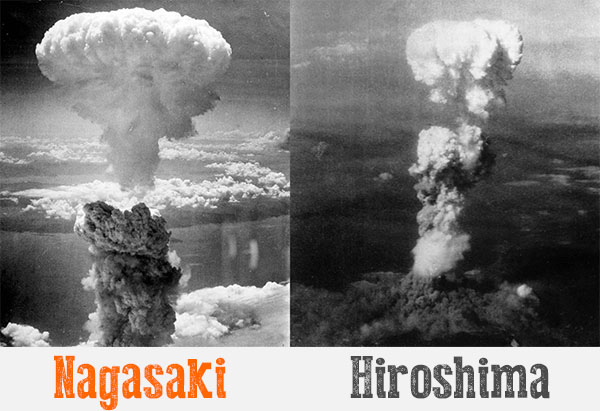How Does One Process That?

The decision to try the leading Nazis at Nuremberg meant developing a system of due process, providing them with defense attorneys and, it has often been forgotten, with access to spiritual counsel. To Heinrich “Henry” Gerecke, an American Lutheran from the Midwest, fell the strange and theologically complex duty of providing succor to men marked, if any ever have been, by the “Brand of Cain.”
That’s the title Tim Townsend chose for the chapter in Mission at Nuremberg: An American Army Chaplain and the Trial of the Nazis that tells of the verdicts and, amazingly, of a letter written to Gerecke’s wife by Hans Fritzsche and signed by all the defendants, including the stubbornly atheistic Hermann Goering, asking that Alma Gerecke put off her wish that he return home after three years in Europe.
At first glance the almost saintly Gerecke, whose mission work in St. Louis during the Depression included setting up storefront businesses to help the destitute, and who once in the U.S. Army arranged for rabbis to minister to Jewish GIs, was a strange choice, but he had also ministered an army hospital in England that handled some of the men seriously wounded at Normandy.
Reading how by turns Goering, Karl Donitz, Hans Frank, Rudolf Hess, Franz Von Papen and other defendants blusteringly denied knowledge of the Final Solution (conveniently blamed on the already dead Heinrich Himmler) and a host of other crimes is both chilling and engenders more than a touch of Schadenfreude. Seen from our distance, Goering’s personal Gotterdammerung and Wilhelm Keitel’s depression are pathetic.
A lusty singer of hymns, Goering was nonetheless adamant that “This Jesus you always speak — to me he’s just another smart Jew.” But what are we to make of Alfred Jodl‘s apparent come-to-Jesus moment? And how are we to take Wilhelm Keitel’s words on the scaffold, “Christ’s blood and judgment are my adornment and robe of honor; therein I will stand before God when I go to Heaven. Amen.”? How does one process that?
Neither the good shepherd nor biographer could know the Nazi’s souls, but the latter makes clear how the padre’s faith sustained him as he peered into the abyss of the Nazi mind. Townsend’s a kind of genius when it comes to almost penetrating impenetrable mysteries, taking the reader right up to the edge of understanding.
What I don’t understand, though, is how U.S. citizens don’t seem to get that their country (our country, I should say) commits atrocities regularly these days which — at Nuremberg — many people were executed for; I’m open to spelling out which ones to readers, upon request. I also have a very hard time dealing with the fact that our desecration of Hiroshima and Nagasaki is not at least the equivalent of the Nazi abominations in the vast majority of American minds.
Above I asked How does one process that? in relation to an individual Nazi’s statement. But… how does one process what we do routinely, without any meaningful acknowledgement whatsoever of our horror?
How does one process that?
Richard Martin Oxman made great use of the work of military historian Nathan M. Greenfield in the writing of this piece. They can both be reached at aptosnews@gmail.com.
http://www.countercurrents.org/2018/01/06/how-does-one-process-that/

0 Comments:
Post a Comment
Subscribe to Post Comments [Atom]
<< Home